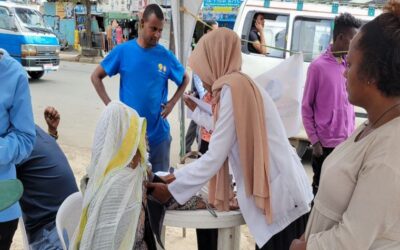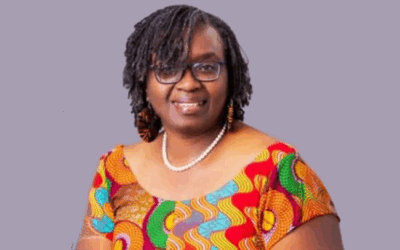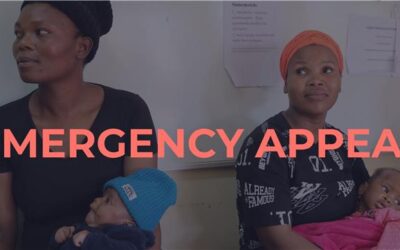May 20, 2025
Priscilla is a seasoned leader in global health development across a 30 year career, including Country Director roles at Elizabeth Glazer Pediatric Aids Foundation, mothers2mothers, Hope Worldwide and NASTAD, as well as Board roles at AMREF and When Females Lead.
We’re looking forward to Priscilla bringing her outstanding experience and expertise to support our work and impact in countries across the Sub-Saharan Africa region.
1. Why did you want to become a Trustee at Spirit Health Foundation?
A lesson from the COVID-19 experience is the lack of/limited strong primary health care structures for pandemic preparedness. It was motivating to observe that at the core of Spirit Health Foundation’s intervention was access to healthcare through innovation, particularly for women and children. This aligns with my pursuit of contributing to the reduction of the high maternal and child mortality rates in developing nations.
2. What do you see as the biggest health challenges in the Sub-Saharan Africa region?
The high burden of infectious diseases and more recently non-communicable diseases causing high maternal and child mortality rates. The health system is still overweighed by dealing with prevention, care and treatment of HIV/AIDs, malaria, diarrhea and TB, exacerbated by malnutrition, poverty and to some extent security. Underpinning this, there remains significant access barriers to healthcare – particularly in rural regions – contributing to increasing health disparities.
3. How can Spirit Health Foundation collaborate with country partners to address these challenges?
According to SDG 17 Partnerships for Goals, Two is better than one. We need to continue collaborating using each other’s expertise particularly in this digital era. Smart phones with Clinitouch can be used in rural areas to ensure access to essential care, and also instantly connect community members to remote health facilities.
Collaboration will be key to achieving the SDG goals by 2030, and at Spirt Health Foundation, we will help amplify the work of existing community-based organisations – not reinvent the wheel. By doing so, we’ll support the existing structures at primary health level to manage the limited resources efficiently and enable many more communities to get the right healthcare at the right time in the right place.


